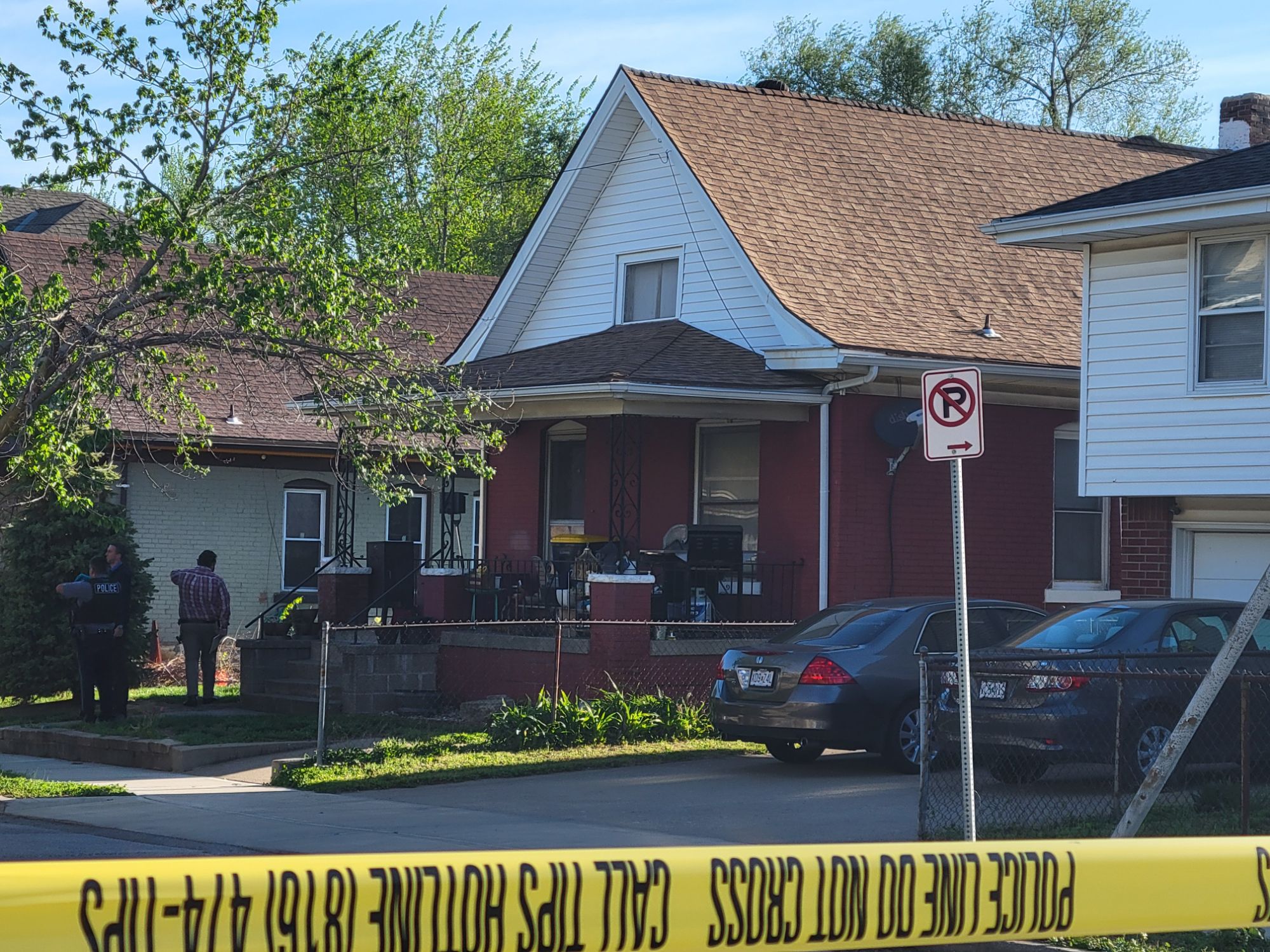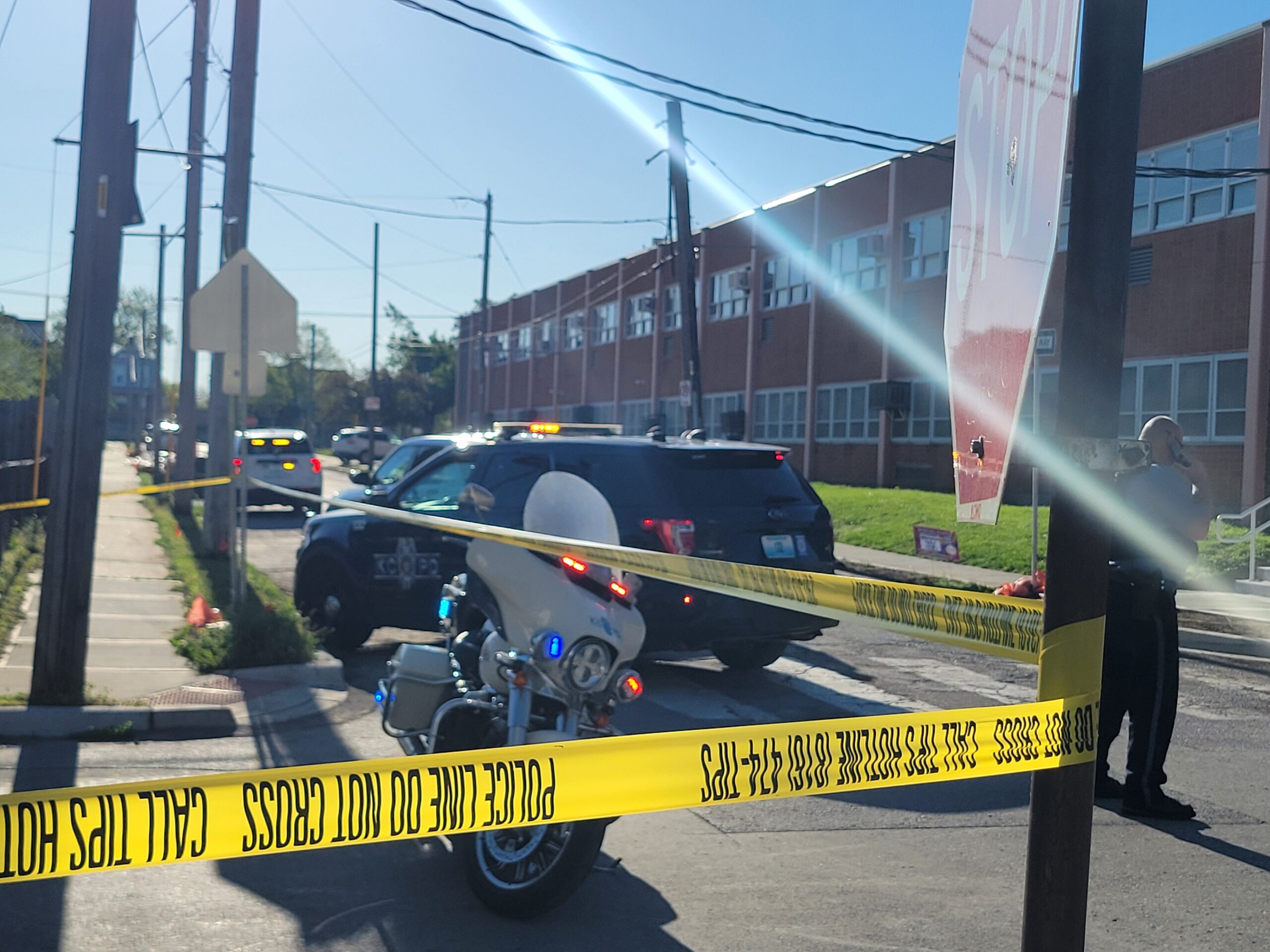By Paul Thompson
Northeast News
September 29, 2016
KANSAS CITY, Missouri – The Jackson County Prosecutor’s office and the Kansas City, Missouri Police Department’s East Patrol Division were awarded a combined $1.1 million on Monday, September 26, as part of the Department of Justice’s Smart Policing Initiative Grant.
KCPD was one of just six agencies across the nation to receive the Smart Policing Initiative Grant. East Patrol will receive $700,000 over a three-year period, while the Jackson County Prosecutor’s office will receive $400,000 over the same period.
Major Joe McHale made the announcement at East Patrol headquarters on Thursday, September 29, alongside Jackson County Prosecutor Jean Peters Baker, Damon Daniel from the Ad-Hoc group Against Crime, and Ken Novak from the University of Missouri-Kansas City.
McHale stressed that this is the second Smart Policing grant awarded to the Kansas City, Missouri Police Department, and added that the funds will help East Patrol identify “micro hotspots” of violent crime throughout the division area.
“It’s our intention to utilize this federal money to augment current resources that we have at the East Patrol Division to look at very small, concentrated areas of violence in our community, and to develop strategies to do interventions and strategic social service offerings to those individuals that are at risk for being a victim or committing a violent crime in our community,” said McHale.
Jackson County Prosecutor Jean Peters Baker added that it’s “wonderful” to be able to talk about adding resources, as opposed to cutting them. She said that the $1.1 million in federal funding will help strengthen the partnership between police, prosecutors, and neighborhood leaders.
“My office, too, was awarded the same grant so that we can work together,” said Peters Baker. “Not just police and prosectors, though: it’s also the community.”
A press release issued by KCPD further indicated that the grant is expected to fund evidence-based strategies designed to mold passionate, self-policing neighborhoods.
“Research shows that if you can do that, the community develops an internal social control, and they take responsibility for their neighborhoods, and violent crime decreases,” said McHale.
The grant funding will help East Patrol engage in proactive policing practices in the areas identified as micro hotspots, while also allowing the department hire a social worker who specializes in interventions. The social worker will be expected to identify at-risk individuals in those hotspots and offer vital social services.



















